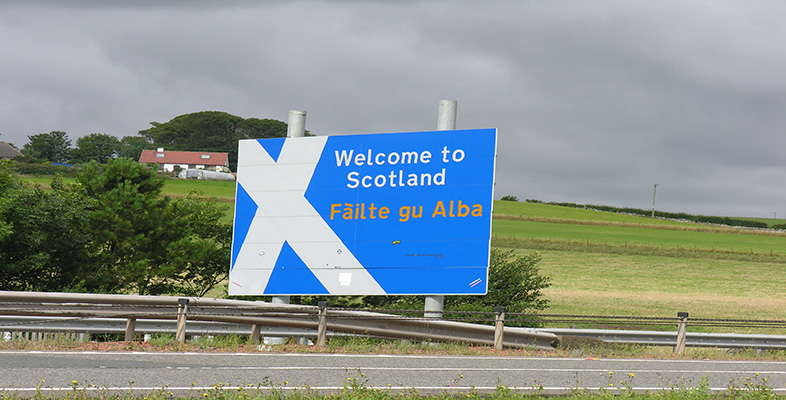4.1.3 The benefits to the community
Box 4 Final report and recommendations of The Nuffield Languages Inquiry, 2000
From the foreword by Sir Trevor McDonald OBE and Sir John Boyd KCMG
Our mandate from the Nuffield Foundation, to look at the UK’s capability in languages and to report on what we need to do as a nation to improve it, was timely. Every day we are confronted by evidence that we live in a shrinking world. The breaking down of international barriers, a process which will move much further and faster in the course of this new century, has placed a premium on our ability to talk to our neighbours in the global village … The scale of what needs to be done has become ever more striking as our work has gone on. At the moment, by any reliable measure, we are doing badly. We talk about communication but don’t always communicate. There is enthusiasm for languages but it is patchy. Educational provision is fragmented, achievement poorly measured, continuity not very evident. In the language of our time, there is a lack of joined-up thinking.
Box 5 Foreign languages in the upper secondary school: the causes of decline
Joanna McPake, Lindsay Lyall (SCRE); Richard Johnstone, Lesley Low (University of Stirling)
Introduction
In November 1996, researchers at the Scottish Council for Research in Education (SCRE) and the Institute of Education at the University of Stirling began a study of the causes of decline in uptake of Higher courses in modern languages in Scottish secondary schools. The study was funded by The Scottish Office Education and Industry Department (SOEID) in response to evidence from the Scottish Qualifications Authority (SQA) that the numbers of students entered for Higher examinations in modern languages had fallen by approximately 50 per cent between 1976 and 1996, and consequent widespread concern about the effects of declining capability in modern languages on Scottish industry and trade and on Scotland’s role within Europe.
There is a growing consensus in Scotland and in the UK more widely that:
- learning other languages is increasingly important for us in the modern world
- we continue to lag behind other countries in this regard.
While commentators are usually thinking of languages like German or Chinese when making such comments, this also strengthens the case for Gaelic in Scotland, in that:
- the process of learning one language, as shown above, makes it easier to learn another, whatever the languages
- Gaelic is taught and used across Scotland, making it relatively accessible as a language with which to start the language learning process
- learning a second language such as Gaelic creates ‘another window on the world’, contributing to the multi-cultural mindset that is so important in the modern world
- in particular, it can help broaden the linguistic horizons of a society that has, for the most part, become reconciled to speaking only one language, English, and tends to lack the confidence and motivation necessary to learn others.
In addition, those involved in planning the teaching of other languages can learn a good deal from the successful approaches developed in Gaelic - in particular the immersion method with young children and variations on it for adult learners.
